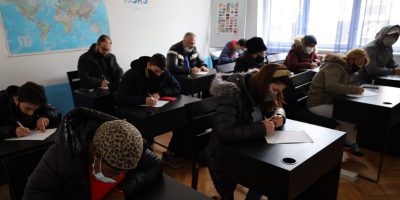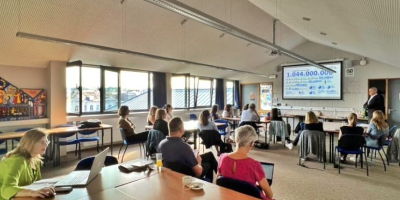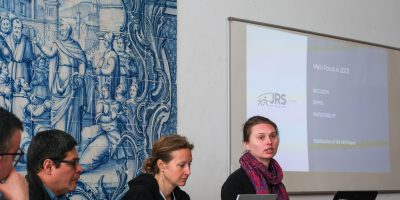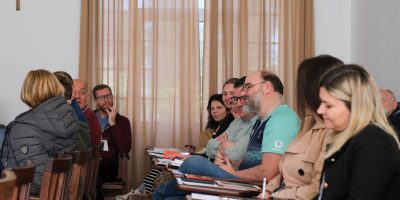Social inclusion and integration
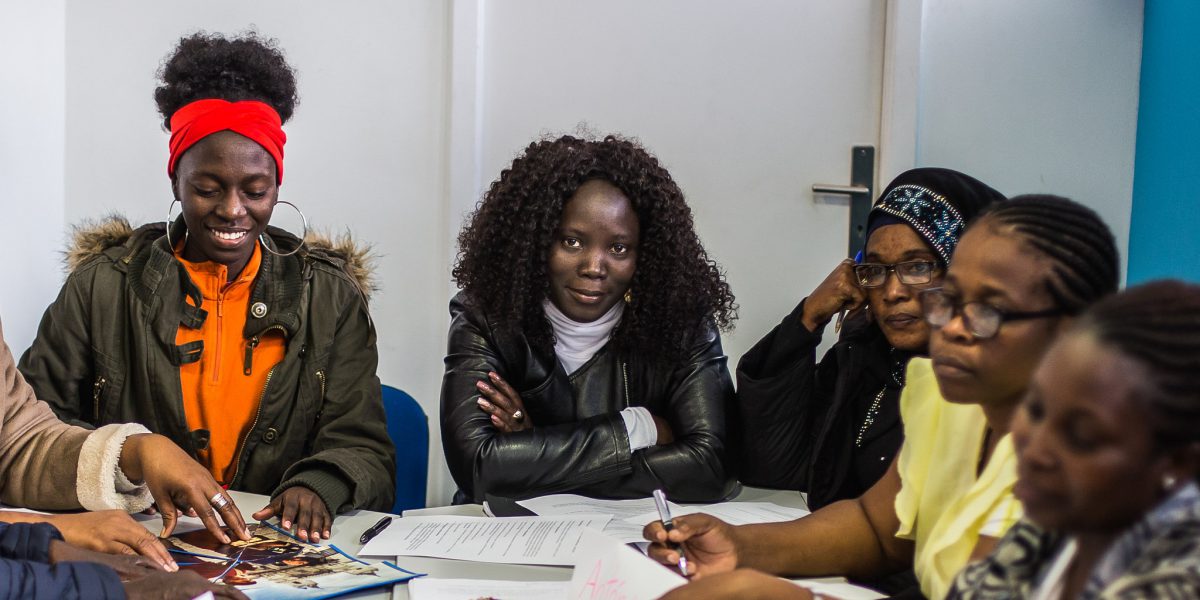
What are social inclusion and integration?
Social inclusion is a process that ensures that those at risk of societal exclusion gain the opportunities and resources necessary to participate fully in economic, social, political and cultural life and to enjoy a standard of living considered normal in the society in which they live. It implies that people have greater participation in decision-making that affects their lives and access to their fundamental rights.
For JRS, integration is a dynamic, two-way process – between forced migrants and the society that receives them – of social interaction to overcome separation between people, with the objectives of reducing economic and social marginalisation and supporting more cohesive, inclusive and robust societies.
Challenges in today’s Europe
-
Current situation
Several European countries struggle with high unemployment rates and housing crises.
Governments are often struggling to take care of the local population.
Moreover, racism and xenophobia are on the rise and nationalistic political agendas perpetuate barriers for inclusion policies.
-
What we know
- People with a migrant background are at a higher risk of exclusion.
- Working toward the inclusion of newcomers requires effort from society to be open to other ways of living and investment to help newcomers learn the language, find a place to live and find a job.
What we advocate for

Social inclusion through community building
-
We advocate for
Governments to take responsibility for facilitating the integration and inclusion of migrants and refugees in our societies and to actively encourage and promote citizens’ involvement to foster encounter, create understanding among different communities and effectively combat racism and xenophobia.
-
This is achieved by
- Supporting and investing in local, small-scale, community building initiatives bringing together locals and migrants.
- Mainstreaming the integration of migrants within broader policies on social inclusion, i.e. by supporting projects with mixed target groups (migrants and other local vulnerable groups).
- Promoting the use of inclusive, small-scale reception facilities for asylum seekers.
- Promoting the creation of accessible language and vocational training.
- Eliminating all legal and administrative barriers to employment access.
Our work
-
Resources
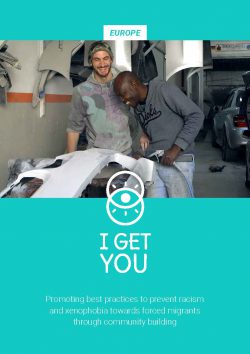
I Get You
The ‘I Get You’ final report draws on two years of in-depth research and campaigning with 315 community-building initiatives in nine EU countries. It analyses how grassroots initiatives that bring migrants and locals together for activities such as sports, cooking, language learning, and break down stereotypes and create mutual trust through encounter.
Search more resources
-
Programmes
-
 Communities of Hospitality
Communities of HospitalityThe Communities of Hospitality project sought to reduce xenophobia and discrimination by strengthening and promoting a culture of welcome and understanding. Accompaniment is key when it comes to building new relationships and expanding the horizons of forced migrants. For many years now, JRS in Europe has been developing new ways to provide hospitality to refugees whether it be through day centres, cultural centres, family hosting projects or simply coffee mornings.
-
-
Campaigns
Why your vote matter for creating a culture of hospitality?
The current reception system is failing both asylum seekers and Member States at the same time. We want a European Union that promotes a common hospitality-driven reception that guarantees sufficient privacy and autonomy, prioritizes small-scale accommodation within local communities and recognizes accompaniment as an intrinsic part of reception. Also, we believe in an EU where Member States share responsibility and support each other. For that, we want the European Parliament to question the status quo of the system and foster debates to create a system based on EU values and facts, not fear and distrust.
.
Programme Stories
Pope Francis Calls for Solidarity with Migrants and Refugees, Emphasizing the Moral Duty of Hospitality
02 September 2024
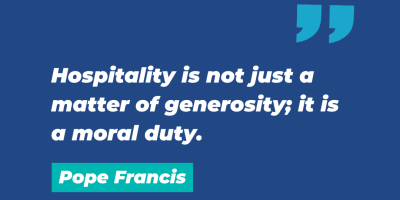
Paths of Hospitality: A retreat to walk with hope
01 July 2024
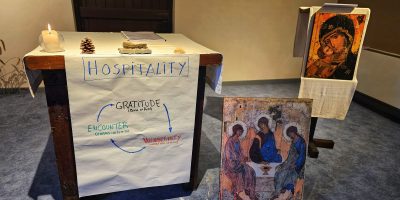
Íñigo Karim: Witness to Hope
06 July 2023
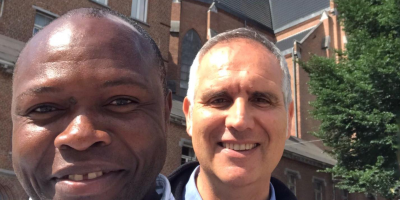
Advocacy in action: working as a network in Europe
11 April 2022
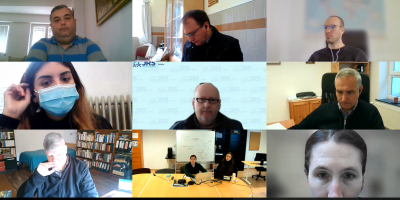
Afghanistan in Portugal: the power to accompany, serve and advocate
21 February 2022

Studying the Croatian language as a pilot project of the JRS Croatia
11 February 2022
